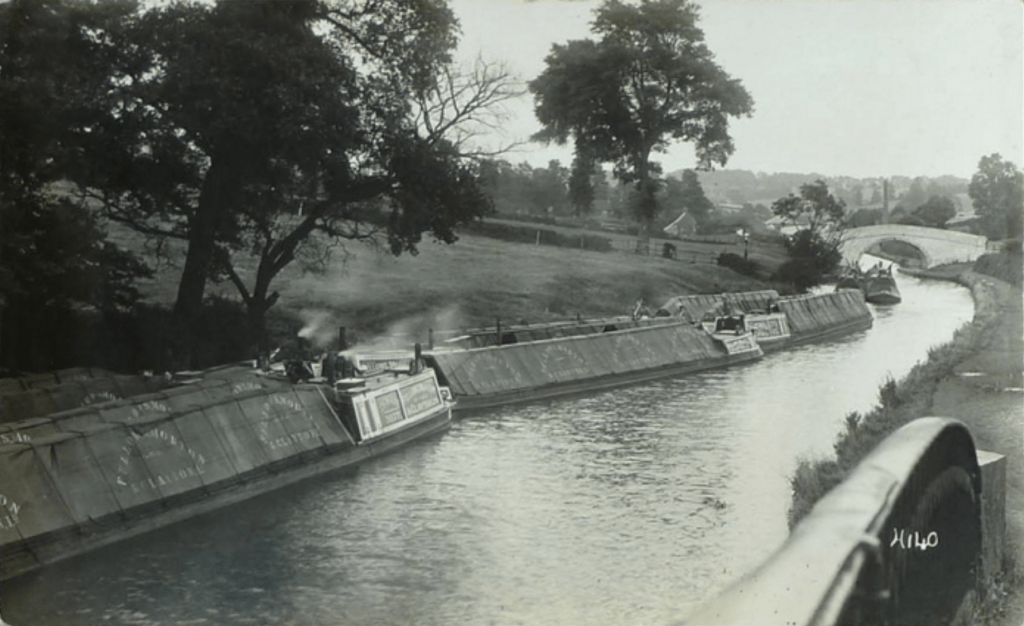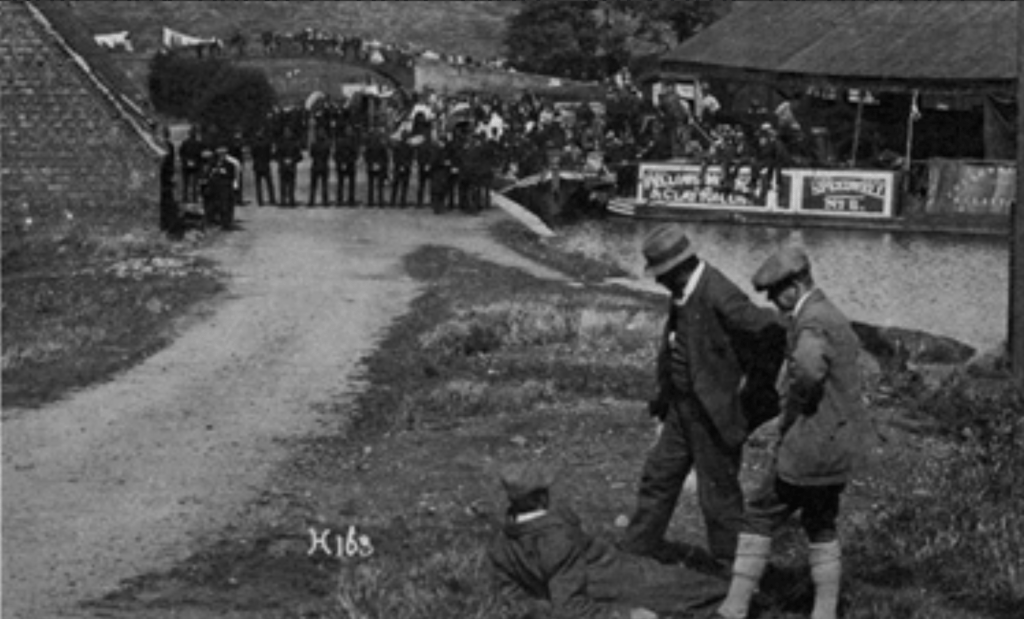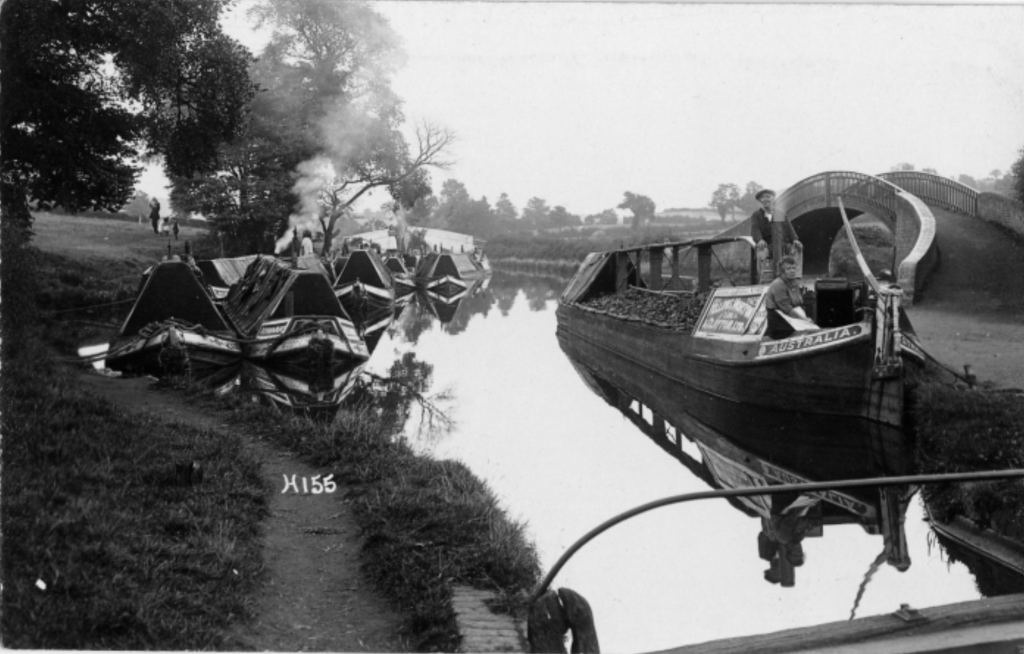This summer will mark 100 years since the Great Canal Strike when boaters brought England’s canals to a standstill in a dispute over pay and conditions. The action centred around Braunston in the Midlands where the Grand Union and Oxford Canals meet and where one of the country’s largest canal carrying companies was based at the time.
In August 1923, Fellows Morton & Clayton (FMC) announced they would be cutting boatmen’s wages by an average of 6.47% from the following Monday, the 13th. Within days, up to 60 boats moored up along both sides of the two canals blocking FMC’s wharf. For 14 long, hard weeks, canal workers and their families took over the busiest junction on the network in one of the inland waterway’s first strikes.

The workers were called out on strike by the recently formed Transport and General Workers’ Union (TGWU). This new union was led by Harry Gosling who was behind the famous London dock strike of 1889. He had previously been the General Secretary of the union formed by the river workers’ following their collective action – the Amalgamated Society of Watermen, Lightermen and Bargemen.

In January 1922, a number of transport unions, including the Watermen’s Society, joined to form the TGWU and Gosling became its president. The canals had not been unionised before, but canal workers were soon singled out as a sector needing union assistance after many years of neglect. It’s said that boatmen on the canals compared notes with Thames dockers in the pubs around Limehouse and Brentford.

In just over a year, the TGWU had negotiated agreements on wages and conditions with many of the larger canal carrying companies, but the FMC at Braunston were determined to go ahead with these cuts, despite protest from the union’s rep. Many of the company’s 600 workers walked out.
The TGWU sent Mr Sam Brookes to oversee the strike and support the workers in Braunston. While there, he organised reading and writing classes for the strikers and their families, many of whom were illiterate, as well as concerts and church services. The boaters increased the
population of the small Northamptonshire village by nearly a third and many children started at the local school during their stay.

Six weeks into the standoff, the company threatened boatmen with the sack and eviction from their homes on the boats. The union advised the workers to continue the fight. Faced with losing both their livelihoods and their homes, their protests were said to be colourful and noisy. The
company employed scabs to try and unload the thousand tonnes of tea and sugar from the boats so the cargo could be delivered by road. An already tense situation escalated further when the police were brought in to oversee the transfer of cargo. Needless to say, one boat captain helped the wharf’s foreman take a dip in the canal.

After over three months with no pay, the strike was finally taken to arbitration. The industrial court ruled that a 6.47% average cut was too high and instead ruled for a 5% reduction staggered over two months to lessen the impact on workers. This was deemed a success at a time when wages across all industries were facing harsh cuts and many canal workers felt as though they’d avoided a larger blow to their already paltry incomes.

The 1923 canal strike was an important moment in the struggle for worker’s rights in this country and led to many fundamental improvements in the working and living conditions of boating
families. The TGWU went on to become part of the UNITE union and the actions of those 60 or so boating families shows the long history of solidarity and resistance we continue to celebrate on the inland waterways today.
NBTA London needs your support to carry on our work. Please get in touch here if you would like to volunteer with us. Alternatively your donations are vital to us supporting boaters with their legal case work, campaign banners and other printed material as well as events. You can help us with your donations online here


Old enough to remember the seventies and eighties when strikes – and the facility and the right to strike at all – were under attack. I was then too wet behind the ears to see the greater significance. If you can’t withdraw your labour in a dispute then surely you’re not an employee, but some sort of serf.
LikeLike